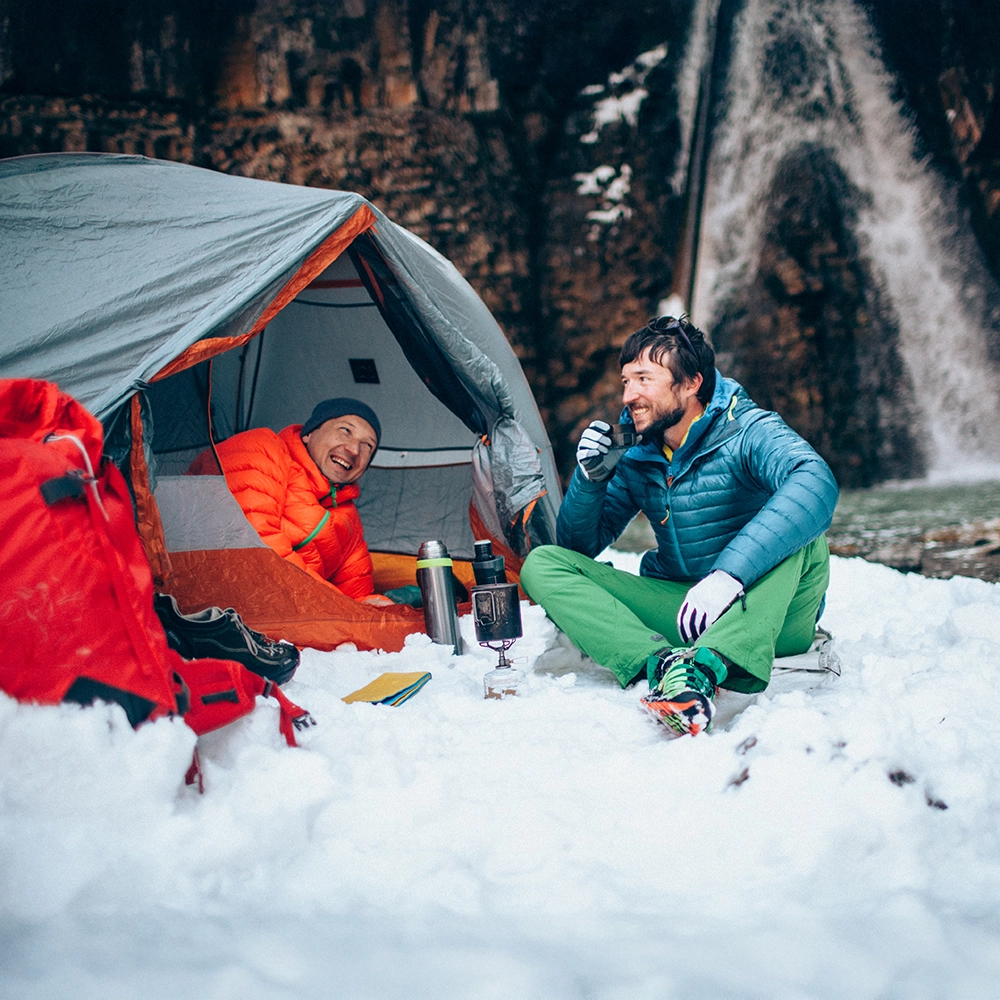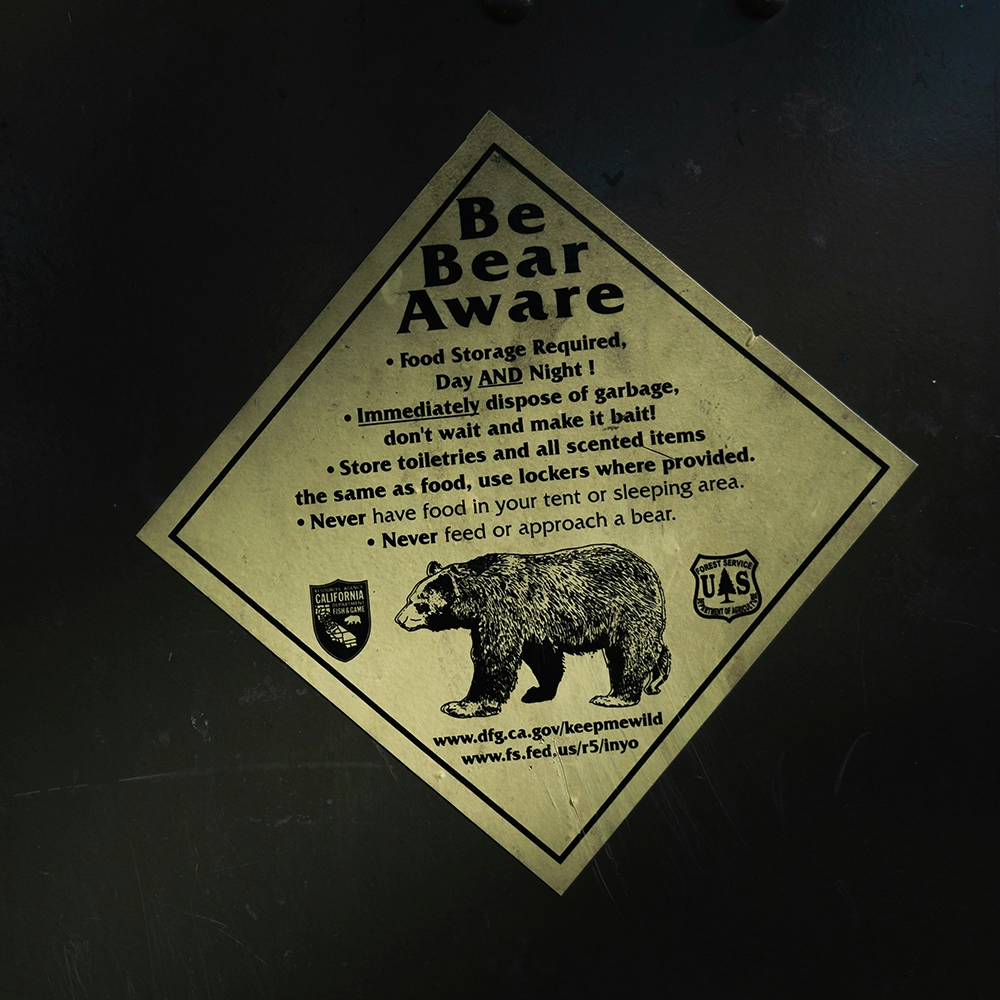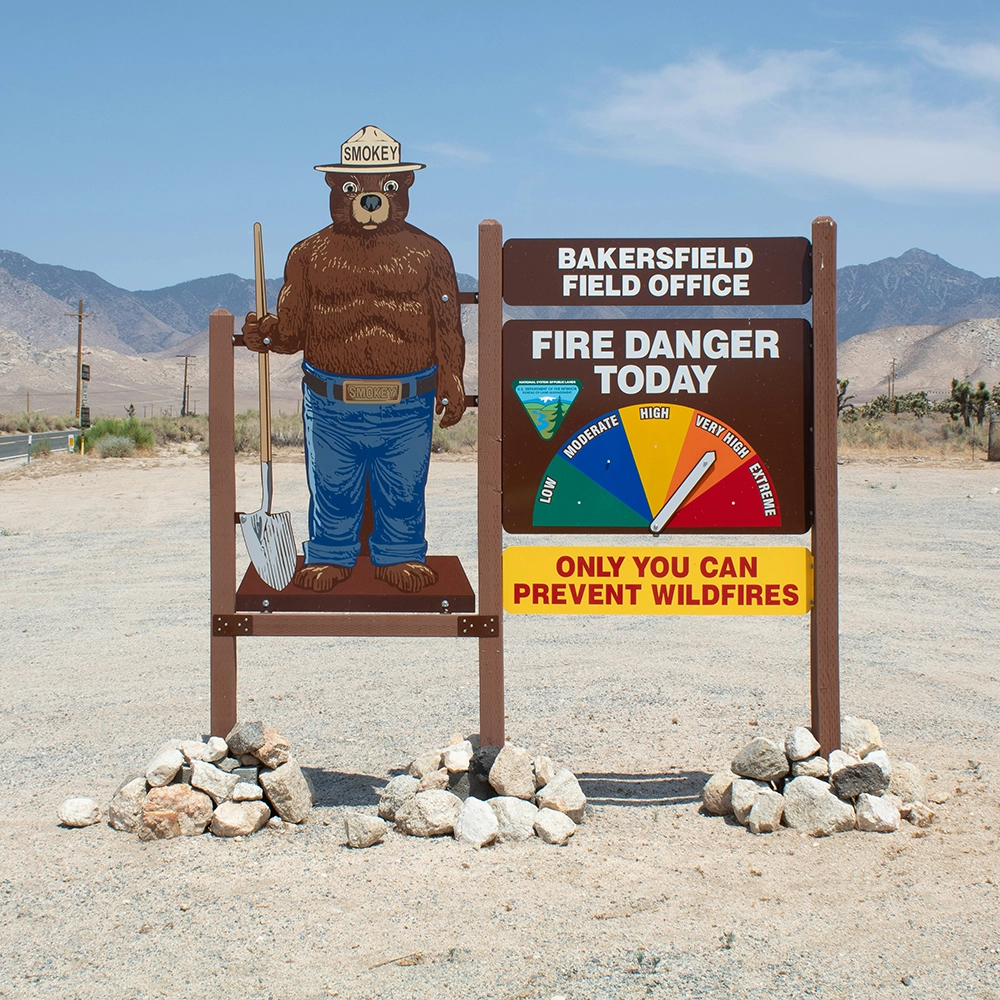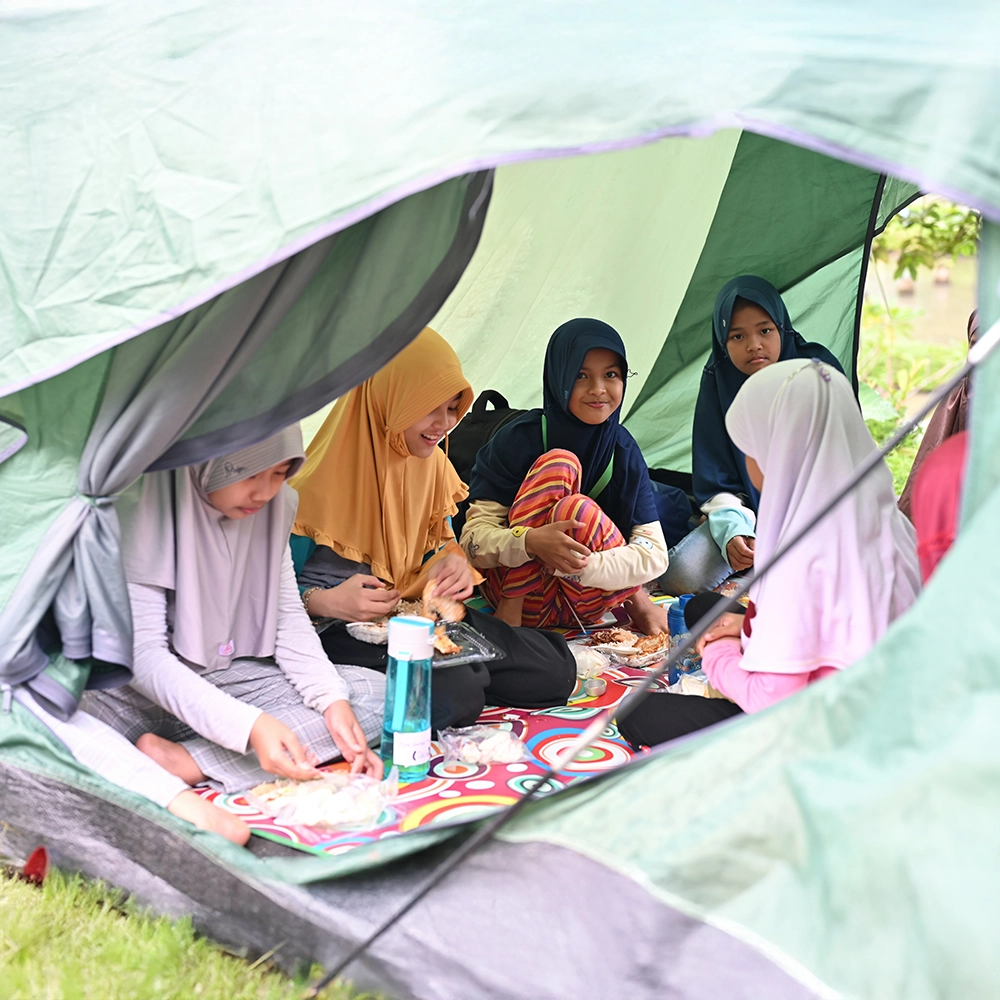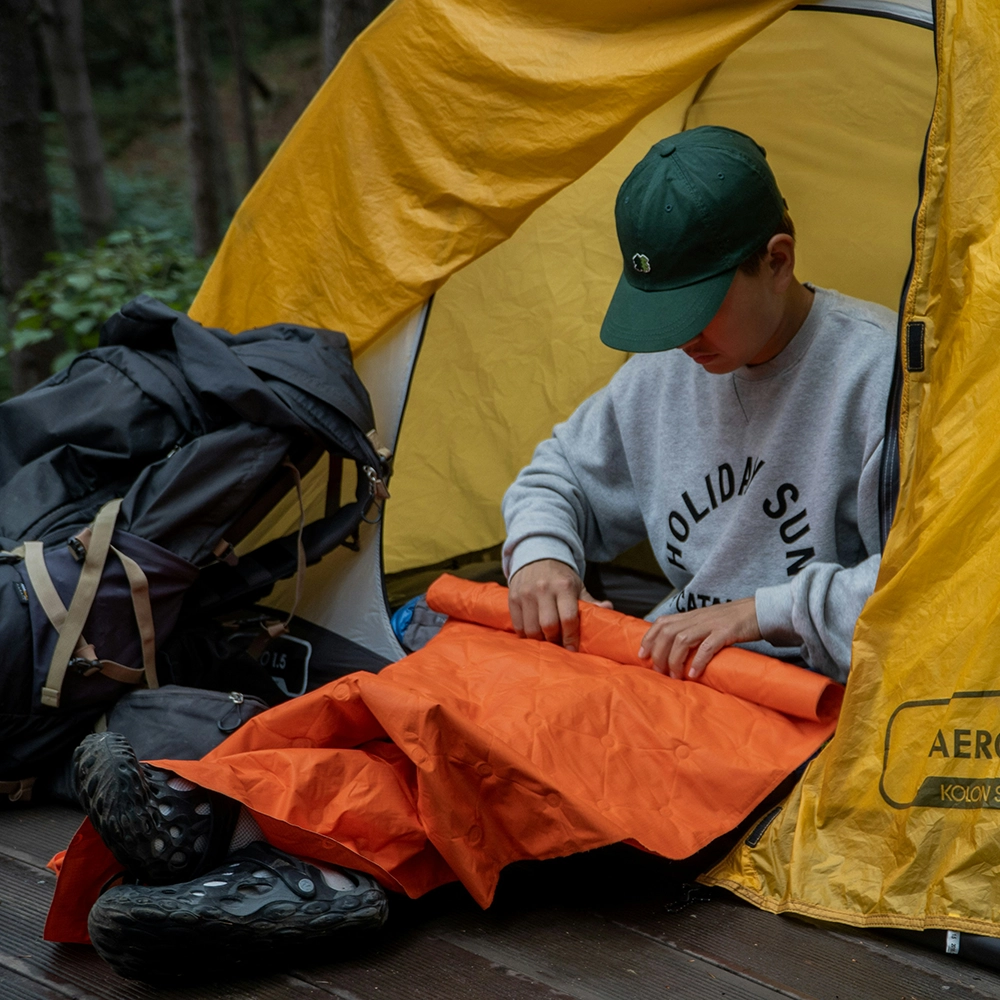Would you believe us if we said that more than 80 million people go camping in North America each year? We’re thrilled to know that so many people are experiencing the great outdoors.
Being outside can have huge physical and mental benefits. Plus, it’s just good fun.
It does also come with some risks, though. Many of those challenges can be avoided with some savviness, others we can at least limit the damage of with a bit of planning and knowledge.
Before you strike out on the open range, take note of these camping safety tips so you return home as, well, a happy camper.
Risks of Camping
The first thing to do when preparing for any kind of adventure travel, and that includes camping, is to identify the potential risks. When you identify the things that frequently go wrong, you can prepare better. And better preparation means you either avoid a catastrophe or handle the situation more safely when it does happen.
Common risks of camping include simple accidents like slipping on a rock, cutting yourself while meal prepping or chopping firewood, illness from extreme temperatures or bad weather, getting lost, and encountering dangerous animals or poisonous plants.
Mitigate these risks by knowing how to avoid high-risk situations, how to treat common injuries and illnesses, staying aware of your surroundings, and having an emergency plan in place. Hopefully, you’ll never need it, but like travel insurance, you’ll be glad you do when the unexpected happens.
Camping Safety Tips
1. Learn about the area where you'll be camping.
Get familiar with the area. Know routes in and out of the campground. Learn the plants and animals that call the place home. Look into any laws, regulations, and advisories.
2. Watch the weather.
Keep an eye on the weather conditions before and during your trip. Some bad weather can be expected, and in most cases, it shouldn’t interfere with your plans. But if extreme weather — blizzards, flooding, extreme heat, hurricanes — look likely, it’s time to change or cancel your trip itinerary.
Following the weather will also help you determine the clothing and other gear you’ll need to pack to be safe and healthy.
3. Stay hydrated.
Drink plenty of water, especially when you’re active. Even if you’re having a laid-back day at the campground though, the simple act of being outside can dehydrate you more quickly than if you were at home. Camping at altitude can dehydrate you more quickly as well.
Signs of dehydration include feeling thirsty (obvious but worth saying), headaches, urine that’s dark yellow and has a stronger-than-usual odor, feeling dizzy or lightheaded, fatigue, and dry or cracked lips and tongue.
4. Protect yourself from sun and heat.
Wear sunscreen, hats, and long-sleeved, light-weight clothing to protect yourself from the sun. Take breaks from direct sunlight when you can.
Remember that the sun can be more intense when you’re at elevation in the mountains or on the water.
5. Beware of wild animals.
Don't leave food in your tent or where animals can get it, even if you're close to your campsite. Keep your campsite clean, and store food in your vehicle, in tie-up bags hung from trees, or in bear boxes.
Don’t feed wild animals of any kind, even if they’re cute. Feeding animals can make them sick, cause them to be aggressive if they don’t get what they want, or teach them to rely too heavily on people for food. This hurts them in the long term as they lose the ability to find food for themselves.
Also, don't allow pets to roam off leash. They can make wild animals feel threatened or carry diseases that harm wildlife.
6. Protect against hypothermia and frostbite.
Wear layers of warm clothing and keep dry when you're camping in cold weather. Stay inside a shelter during storms and blizzards.
Signs of hypothermia include shivering, numbness, confusion or impaired judgement, extreme fatigue, skin that turns blue or gray, and slow or slurred speech. If you’re experiencing symptoms of hypothermia, sip warm, sugary drinks. Do not drink alcohol. Use warm, dry compresses and a hypothermia blanket until you can seek medical attention.
Signs of frostbite include skin that turns white, blue, or black and may have numbness or prickling sensations. The skin will also turn hard, and you may see some swelling in the effected body parts. If you’re experiencing symptoms of frostbite, get someplace warm. If clothing is wet, replace it with warm, dry clothing. Seek medical attention as soon as possible.
7. Plan for flare-ups of pre-existing medical conditions.
If you or someone in your group has severe asthma, diabetes, heart disease, or another chronic condition, they should plan ahead to manage these conditions while camping and discuss their plans with a doctor.
Sufferers of some medical conditions wear bracelets or necklaces that identify those conditions. Make sure those identifiers are worn on the trip. If it’s your camping mate with a condition and you might be responsible for getting them medical attention, it’s worth taking the time to make sure you understand any instructions indicated on the identification bracelet.
8. Know how to treat allergic reactions.
If you or someone in your camping group is allergic to bee stings, poison oak or ivy, or other plants in the area, know how to use epinephrine auto-injectors, known more commonly as EpiPens. These can save lives in emergency situations when administered promptly.
9. Practice good fire safety.
Always have water available to put out your fire, whether it’s for cooking or warmth. Don’t leave your fire unattended. If the ashes are still smoking, consider it a live fire and continue to douse the ashes with water and smother it until they’re fully extinguished.
Pay attention to fire advisories in your area. If it’s been particularly dry and windy, authorities in the area may prohibit even a simple s’mores fire, which can get out of control quickly in those conditions.
10. Avoid blisters.
Blisters are common when hiking or using new shoes. Keep your feet clean and dry and protect them with suitable footwear.
If you’ve bought new boots or shoes, break them in before your trip. Wear them on shorter hikes near home to make sure they fit properly.
11. Prepare food properly.
Eat only food that's been stored at the right temperature. Cook meat thoroughly before eating it. Wash your hands before preparing food and after using the bathroom. Clean up spills immediately. Only drink water that has been purified or boiled.
Failing to follow good food hygiene could result in you becoming sick out in the wilderness. Ailments like diarrhea can have more dangerous consequences while camping than if you were at home, where it’s easier to stay hydrated and comfortable.
12. Choose a meet-up spot.
When you arrive, choose a meeting place near your campsite in case people get separated from the group. If someone has an emergency, the sooner everyone else recognizes they’re missing, the better the chances of a positive outcome.
13. Know where and how to seek medical attention.
If someone in your group needs medication, know where those medications are, when they need to take them, and how to administer them.
It’s also a good idea to have contact and location information for local medical facilities. Know how you’ll contact them if you don’t have reliable cell service and how to get there if you aren’t reachable by ambulance.
14. Have a safety contact person.
Tell someone where your camping group is going, when you plan to be back, and where they can reach you if needed. If possible, leave a detailed itinerary and map with friends or family. If you're unable to return when expected, contact your safety contact person if you can.
If you’re camping in the backcountry, notify local authorities such as park personnel with details about where you’ll be and for how long. Obtain any necessary permits while you’re at it. This step is vitally important if there’s an emergency where you need to be evacuated.
15. Don’t camp under the influence.
Don’t do drugs. Don’t get drunk. You don’t want anything interfering with your judgement. This is how bad decisions are made that lead to someone in the hospital or worse.
What to Pack for a Safe Camping Trip
Your packing list may vary depending on how “extreme” your camping trip is. For example, you might need a water filter if you’re backcountry camping and your main source of water is a stream but not if you’re RV camping at a nearby state park. Let this list get you started.
- Sleeping bag with the correct temperature rating
- Nutritious food that doesn’t need refrigeration
- Water purifying tablets or filters
- Sunscreen
- Hand-cranked or solar-powered charger and/or a portable battery pack
- Satellite phone or other alternative communication device
- Clothing and footwear that's suitable for the weather and terrain
- First aid kit
First Aid Kit for Camping Trips
Once you’ve identified the top risks of your camping trip based on your destination, the weather, and how adventurous your activities will be, you’ll have a better idea of the exact items to stock in your camping first aid kit. Start with these essentials and go from there.
- Bandages and dressings of various sizes
- Gauze pads and rolls of gauze bandage material
- Antiseptic pads and wipes
- Insect repellent
- Cold packs or instant ice packs for sprains or strains
- Antibiotic ointment for minor wounds such as blisters or insect bites
- Scissors, tweezers, safety pins, and needle-nose pliers with blunt ends for removing ticks, splinters, or bee stingers
- Standard medicines, such as aspirin or acetaminophen (Tylenol), ibuprofen (Advil/Motrin), antihistamines, and antidiarrheal medication
- An adequate supply of prescription medication
- An emergency blanket that reflects body heat. Look for dual-sided blankets with a bright orange exterior for extra visibility.
Travel Insurance for Camping Trips
You never know what could happen on a trip. Before going on your camping adventure, consider the advantages of travel insurance. Travel medical insurance can be especially beneficial given the active nature of the trip. It can cover medical expenses if you get sick or hurt. Be sure to look at Adventure Activities coverage, which could be an optional benefit you can add to your plan.
Visit SevenCorners.com to learn more about protecting your camping trip or talk to a licensed agent to find the best plan for you.

